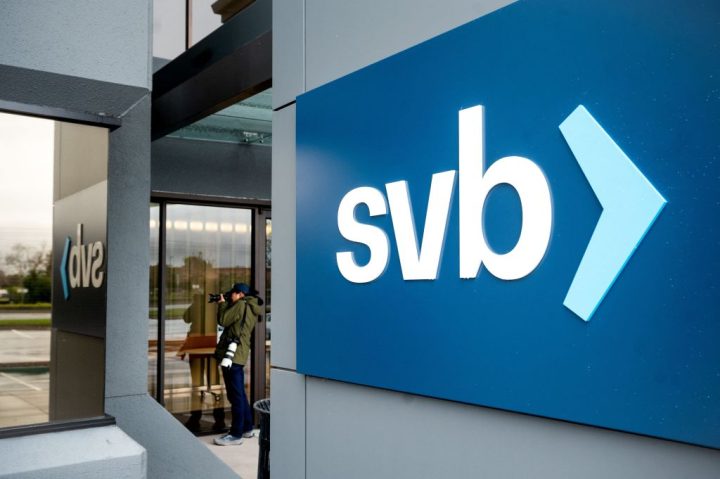On the face of it, the takeover of the UK arm of Silicon Valley Bank by HSBC is a triumph for the government. Today, we could have been seeing the collapse of dozens of UK tech start-ups. We could have seen staff going unpaid and shares in tech companies plunging to greater depths than they have yet explored during the correction of the past year.
Instead, things are fairly calm in the tech sector. Well before markets opened this morning, the government had brokered a deal which will allow the Silicon Valley Bank’s facilities to continue without a hitch, thanks to a wholesale takeover by one of the largest banking institutions in the world, with all the security that would seem to offer. Even better, not a penny of public money seems to be involved.
As we are now discovering, the unwinding of ultra-low interest rates is creating serious problems worldwide
Investors with longer memories will recall how in 2008 Gordon Brown’s government similarly persuaded Lloyds Bank to take over Halifax Bank of Scotland (HBOS). That stemmed the immediate loss of confidence in the Halifax – but at the cost, it turned out, of infecting Lloyds with the contagion. Shortly afterwards, Lloyds Banking Group was forced to go cap in hand to the government for £17 billion of emergency funding, something it later claimed it would not have had to do were it not for its shotgun merger with HBOS. Speaking to the Commons Treasury Committee in February 2009, Lloyds’ then chief executive Eric Daniels admitted that his company had not undertaken the normal due diligence it would have done in a takeover. He said that preparatory work had consumed 5,000 man-hours, while in normal circumstances it would have committed to three to five times as much.
Has HSBC done its homework over the Silicon Valley Bank UK? Time will tell. In its favour, Silicon Valley Bank UK is a much smaller entity than was HBOS. But at the moment investors are not looking on the banking sector very kindly. European banking shares are down an average of over 5 per cent this morning – although, interestingly, HSBC has got off relatively lightly, with its shares down 3 per cent at 11 a.m.
Meanwhile, another US bank has gone down and another is teetering. Signature Bank, which was involved in a lot of lending on property but which had also invested in cryptocurrency assets, was closed by regulators on Sunday – a failure on a similar scale to the Silicon Valley Bank. Shares in First Republic Bank have plunged by over 60 per cent in pre-market trading. As we learned in 2008/09, banking failures tend to come in strings: if one institution has run into problems it is a fair guess that others have been indulging in the same troublesome practices.
Is there anything positive in this? It seems unlikely that central banks will want to go ahead with more rate rises in the midst of a banking crisis – although with inflation far from tamed, they are unlikely to reduce the cost of borrowing in the short term. For the UK government there is, perversely, some potential good to come out of a global banking crisis: when, in the wake of Kwasi Kwarteng’s disastrous mini-Budget last September, the Bank of England had to step in to prevent pension funds collapsing from the fallout of surging interest rates, it was treated as a uniquely British problem. As we are now discovering, the unwinding of ultra-low interest rates is creating serious problems worldwide.
At the height of Covid, some confidently predicted that, just as in the 1920s, a pandemic would be followed by an economic boom. Today, it looks more as if we are fast forwarding straight from the pandemic to the Wall Street Crash of 1929, missing out the intervening years of boom.







Comments